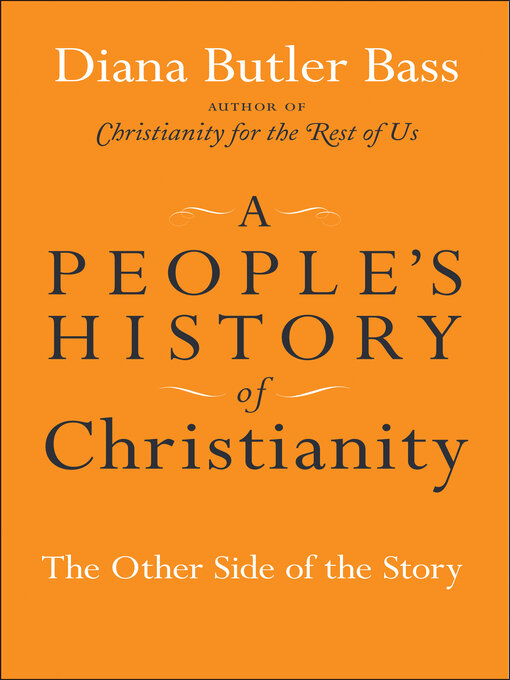"It would be difficult to imagine anyone reading this book without finding some new insight or inspiration, some new and unexpected testimony to the astonishing breadth of Christianity through the centuries." — Philip Jenkins, author of The Lost History of Christianity
"Interesting, insightful, illuminating, and remarkably relevant." — Marcus Borg, author of The Heart of Christianity
In the tradition of Howard Zinn comes a new history of Christianity that reveals its bottom-up movements over the past 2,000 years, which preserved Jesus's original message of social justice, and how this history is impacting the church today.



